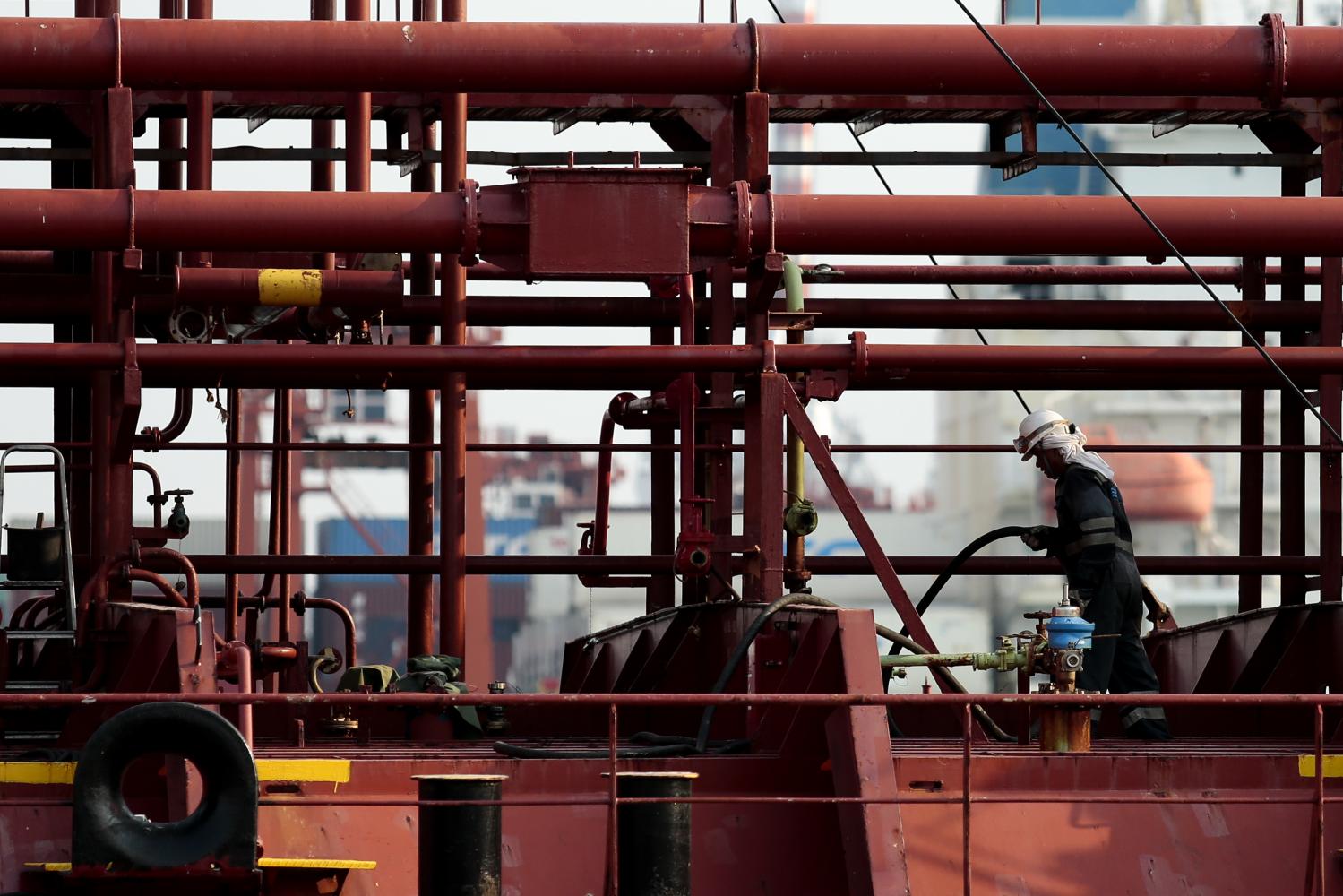
The Eastern Economic Corridor (EEC) has been harshly criticised by Thanathorn Juangroongruangkit, leader of the Future Forward Party, for its "lack of people's participation". On the contrary, I believe the EEC will help boost the livelihoods of Thais and transform Thailand from a middle-income country to high-income status.
During the past decade, no other development project has had such potential to transform the country's development. In recent years, so-called disruptive technology has forced countries to adapt to the new digital era, or risk losing competitiveness and becoming technological laggards. Thailand is in the same position.
The opposition to the EEC is understandable. But are there better options that could lift the country's competitiveness and turn it into a developed nation without the disruption of rapid technological changes? To make a mega-project such as the EEC a success requires strong political will as well as political stability.
The EEC aims to build "future industries" as the backbone that drives Thailand's economic growth.
The government has targeted at least 10 industries which are capable of attracting foreign investors to the EEC. These are divided into two groups. The group of "First S-curve" industries features next-generation automotives, smart electronics, affluent and wellness tourism, agriculture and biotechnology, and food processing. These industries already exist in the country and will be further promoted under the EEC. The second group is the "New S-curve" industries: robotics, aviation and logistics, biofuels and biochemicals, digital, and medical hub.
The EEC was launched after the 2014 coup, which occurred following months of anti-government street protests. To implement such a mega-project at a time when investor confidence was low due to political instability required offering high incentives for investors. For instance, corporate and personal income tax rates for investors were set at a maximum of 15%.
Benefits granted by the government to foreign investors in the EEC include tax exemptions and a right to lease land for 99 years.
Over the past decades, Thailand's development has lagged behind many of its Asian neighbours. Its annual export rate during the years 2008 to 2014 was 5%. This was considered low given that the country enjoyed a 14% export rate from 1998-2007.
The stark decline in exports is a result of the lack of commitment to ensuring continuous foreign investment that increases production efficiency and competitiveness. This made some countries in the region more attractive for foreign investors because they targeted industries and set up "special economic zones" as mechanisms to push for a leap in economic growth. For example, China developed Shenzhen in the southeast of the country as an export hub for electronic goods.
In the past 10 years, growth of foreign investment in Thailand has ranged from 2%-3% per year, which is far lower than many other countries in the region. It is also a steep decline from the growth rate of 10% that the country enjoyed in previous decades.
For foreign investors, Thailand has become a less attractive destination due to political instability, shortcomings in the labour force, and a lack of clarity in state investment-promotion directives. This has seen the country's share of total foreign investment in Asean drop from 31% in 2007 to 20% in 2014. That decline has played a major role in derailing the country's economic growth.
If Thailand is to become a developed nation, it will have to bring about changes in economic, social and political development as well as in its overall management. To reach this goal, the country's per capita income will have to rise to US$12,746 (390,000 baht) per year from the current rate of $5,410 a year. To achieve developed-nation status, Thailand needs to implement economic development measures that increase its competitiveness. Its economic growth will also need be no lower than 6% per year over the next two decades.
Hence, Thailand cannot afford its economic development to be bogged down by the same old political shenanigans that merely serve the interests of certain individuals or political parties. If the state's development initiatives are derailed by political games, the country will weaken economically. Under that scenario, the government will not have enough money to finance welfare schemes which collectively require hundreds of billions of baht in state funding every year. These schemes include universal healthcare coverage, benefits for the elderly and subsidies for about 20 million farmers. Without sufficient economic development, the government will simply not have enough revenue to finance these crucial public services.
Wichit Chantanusornsiri is a senior economics reporter, Bangkok Post.
